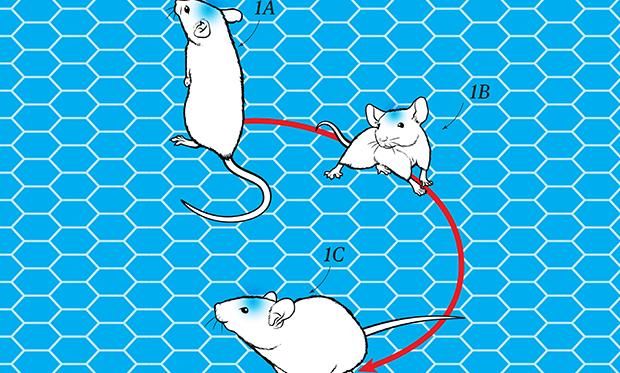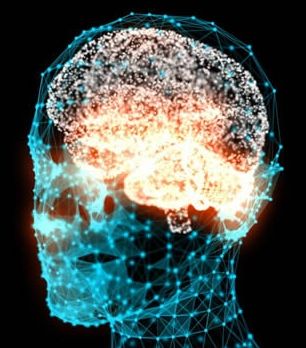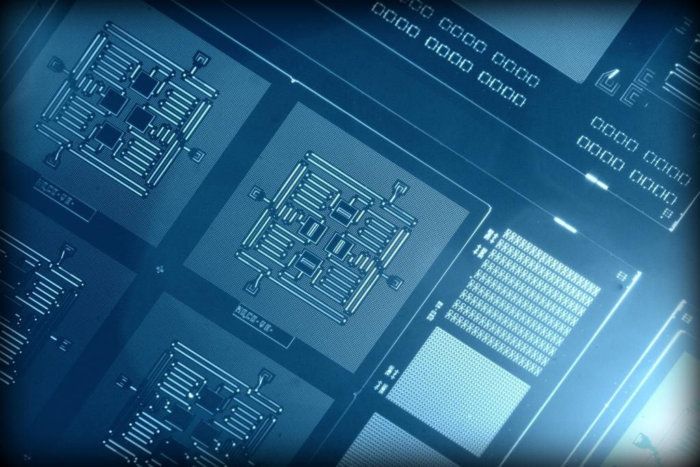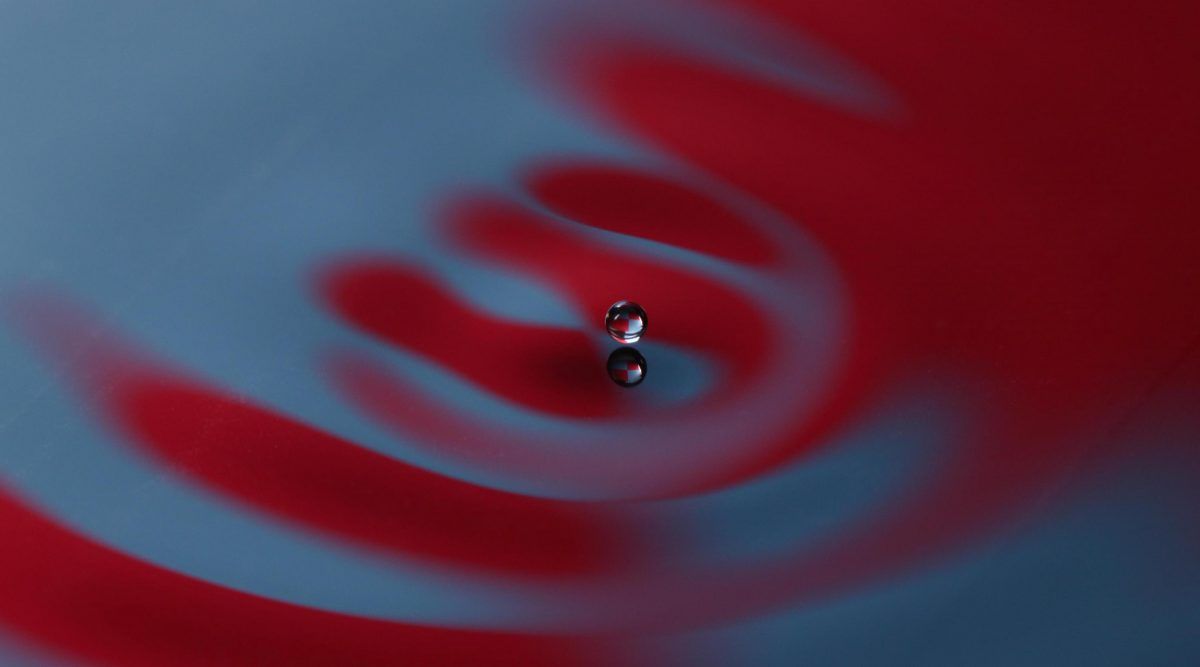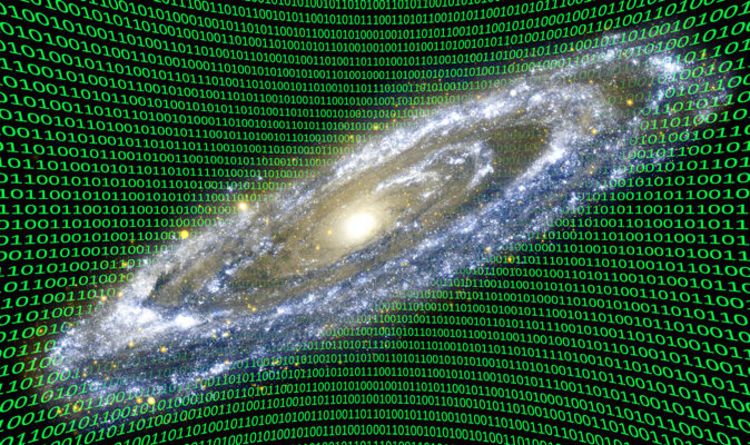Page 10655
Nov 28, 2016
Brain Implants that Augment the Human Brain Using AI
Posted by Karen Hurst in categories: bioengineering, biotech/medical, genetics, robotics/AI

https://youtube.com/watch?v=ySsv5-jSqss
BMI implant leveraging AI.
You probably clicked on this article because the idea of using brain implants to allow artificial intelligence (AI) to read your brain sounds futuristic and fascinating. It is fascinating, but it’s not as futuristic as you might think. Before we start talking about brain implants and how to augment the human brain using AI, we need to put some context around human intelligence and why we might want to tinker with it.
Continue reading “Brain Implants that Augment the Human Brain Using AI” »
Nov 28, 2016
Brain Activity Predicts the Force of Your Actions
Posted by Karen Hurst in categories: biotech/medical, neuroscience
Summary: Researchers have discovered a link between nerve clusters in the brain and the amount of force generated by a physical action.
Source: Oxford University.
Researchers have found a link between the activity in nerve clusters in the brain and the amount of force generated in a physical action, opening the way for the development of better devices to assist paralysed patients.
Nov 28, 2016
Mystery of bleary-eyed astronauts may be cleared up with spinal fluid study
Posted by Karen Hurst in category: neuroscience
Scientific Method —
Mystery of bleary-eyed astronauts may be cleared up with spinal fluid study.
Small study finds fluid that cushions the brain floods eye cavities in microgravity.
Continue reading “Mystery of bleary-eyed astronauts may be cleared up with spinal fluid study” »
Nov 28, 2016
4 no-bull takeaways from Microsoft quantum computing
Posted by Karen Hurst in categories: computing, quantum physics
Microsoft plans to create its own quantum computing systems; here’s how the company is doing so differently and how it can do it better.
Nov 28, 2016
Material Measures the ‘Mood’ of Structures
Posted by Karen Hurst in categories: education, engineering
Nov 28, 2016
NASA’s EMDrive And The Quantum Theory Of Pilot Waves
Posted by Karen Hurst in categories: particle physics, quantum physics, space travel
There has been a lot of digital ink spilled over the recent paper on the reactionless thrust device known as the EMDrive. While it’s clear that a working EM Drive would violate well established scientific theories, what isn’t clear is how such a violation might be resolved. Some have argued that the thrust could be an effect of Unruh radiation, but the authors of the new paper argue instead for a variation on quantum theory known as the pilot wave model.
One of the central features of quantum theory is its counter-intuitive behavior often called particle-wave duality. Depending on the situation, quantum objects can have characteristics of a wave or characteristics of a particle. This is due to the inherent limitations on what we can know about quanta. In the usual Copenhagen interpretation of quantum theory, an object is defined by its wavefunction. The wavefunction describes the probability of finding a particle in a particular location. The object is in an indefinite, probabilistic state described by the wavefunction until it is observed. When it is observed, the wavefunction collapses, and the object becomes a definite particle with a definite location.
While the Copenhagen interpretation is not the best way to visualize quantum objects it captures the basic idea that quanta are local, but can be in an indefinite state. This differs from the classical objects (such as Newtonian theory) where things are both local and definite. We can know, for example, where a baseball is and what it is doing at any given time.
Continue reading “NASA’s EMDrive And The Quantum Theory Of Pilot Waves” »
Nov 28, 2016
Is the universe really a HOLOGRAM? Shock theory hailed as ‘clear evidence’
Posted by Karen Hurst in categories: holograms, space
THE universe that we see and know is simply a holographic illusion like a symbol on a credit card, an astonishing theory suggests.
Nov 28, 2016
Time travel may be possible, say scientists
Posted by Karen Hurst in categories: quantum physics, time travel
Time travel could be possible, says a group of physicists who’ve come up with a new interpretation of our universe, says the Sun U.K.
Professor Howard Wiseman and Dr. Michael Hall from Griffith University’s Centre for Quantum Dynamics, and Dr. Dirk-Andre Deckert from the University of California, say there are many universes, including identical ones to ours, that “influence one another through quantum mechanics.” The theory is called the “Many-Worlds Interpretation.”
What this means is that travelling through time within our universe is conceivable, says the Sun.
Continue reading “Time travel may be possible, say scientists” »
Nov 28, 2016
An introduction to the Microsoft Bot Framework
Posted by Karen Hurst in category: robotics/AI
By Gary Pretty, Technical Strategist, Mando Group

It seems like bots are everywhere these days, with more and more popping up every day. From bots that help us tag people on Facebook to simple Twitter bots that respond to our tweets.
Continue reading “An introduction to the Microsoft Bot Framework” »
